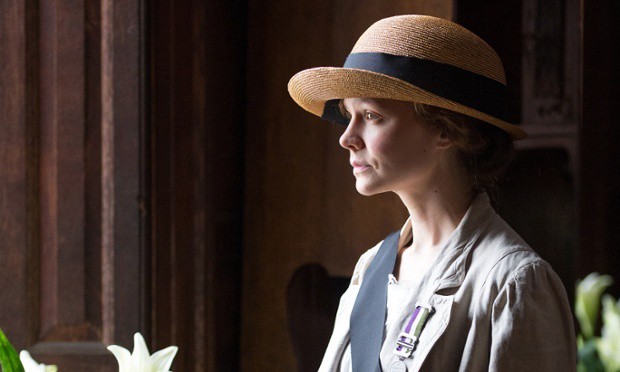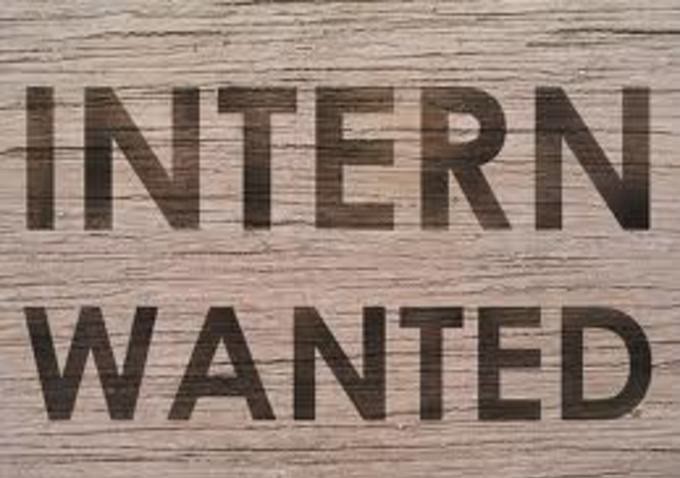“Suffragette” screenwriter Abi Morgan was recently interviewed by Variety and touched on everything from female-driven narratives and the difficulty of casting men in supporting roles to the research she conducted to pen the harrowing tale of British women’s fight for the right to vote.
When asked about gender equality on and off-screen, Morgan immediately responded, “I don’t get bored talking about it.” While “Suffragette” was “generally born out of curiosity of the storytelling and less about, ‘I want to do a feminist film,’” Morgan acknowledged “the growing sense of social activism about human equality across the globe and how that reflects in every industry, not just the film industry.” She’s heartened by the fact that the film “has become part of that discourse.”
“I write because I’m interested in the story, but I also feel quite excited about the potential of, ‘What can you do in your lifetime?’ And one of the things I think I can do in my lifetime is stop to remind myself that — and keep affirming that — women can sell movies,” said Morgan, citing Amy Schumer, Tina Fey and Amy Poehler as examples of female success stories in comedy. “But I think within pure drama you have to keep affirming that. ‘Actually, can I have more than one female lead in this? Can I have two great female leads?’” she added, noting that it was “a good time to advocate.”
As for why gender equality has become such a hot topic in Hollywood as of late, “The Iron Lady” scribe suggested that “it’s probably [the result] of so many things. It’s top-down and bottom-up. I think that at its base level we’ve had a number of women stand up and expose — we had the Sony hack expose the differences in pay. But I think bigger than that has been the digital age and the rise of social media and growing sense of global activism and a growing sense of female inequality across the world.”
Morgan described feminism as being “just about equality and that’s all. It’s just saying equal rights,” but when she was asked about “Divergent” star Shailene Woodley disavowing the label, Morgan responded, “I think it’s fine. She has every right to say that. I saw Marion Cotillard said, ‘I think it’s a separating thing to call yourself a feminist.’ I think it’s fine that she says that. Because if nothing else it allows someone else to go, ‘I don’t agree.’ So it’s keeping that discourse going.”
When the interviewer pointed out that the two seemed ignorant about what feminism is, how “it’s fundamentally not a separating thing,” Morgan segued into an account of how difficult it was to cast “Suffragette.” “We couldn’t get men to play supporting parts,” she explained, seeming to suggest that this misunderstanding of the movement and its aims is widespread. Morgan elaborated, “I think it was, like, ‘Okay, so we’ve watched millions of films where women are playing supporting parts. Can they still be complex?” And so that’s what we’ve tried to do in this film. We’ve tried to show that, you know, Brendan [Gleeson] and Ben [Whishaw] and Finbar [Lynch] and Sam [West], who play the four very different points of view of the kind of male perspective at that time, I tried to make them as complex as possible. And as actors they were fantastic because I think they were really engaged with this project. So it never felt like a separate thing. It felt like we were absolutely striving for the same thing.” (In an interview with The Independent, Morgan detailed how the team behind “Suffragette” “kept getting calls from agents saying the parts weren’t big enough for the men.”)
Morgan again emphasized, “I don’t think any of us said, ‘Let’s make a feminist movie.’ I think we kind of went, ‘This is exciting. We never see women blow up buildings. We never see them militant. We never see women at the forefront, being the ones who leave the husbands at home while they go out and fight for a cause.’” Morgan added that while she is “aware of the everyday sexism that goes on [in the movie industry]” this film made her “re-engage with it.”
Earlier this year, the star of “Suffragette,” Carey Mulligan, commented, “The mere fact that it’s taken 100 years for this story to be told is hugely revealing. This is the story of equal rights in Britain, and it took years of struggle and women being tortured, abused and persecuted, and it’s never been put on-screen. It’s such a reflection of our film industry that that story hasn’t been told yet.” Morgan similarly observed, “It’s a story that wasn’t being told, and in a way it makes you interrogate all the history and go, ‘What else can you talk about?’”
The screenwriter said she drew inspiration for the script from many sources, including an account by Hannah Mitchell, a dressmaker and seamstress who wrote a book about her experience as a suffragette. “But there were not a lot of suffragette memoirs from those women because a lot of them were illiterate and couldn’t afford to take the time to write,” Morgan explained. She also relied on testimonies, postcards and propaganda.
Read the lengthy and wide-ranging interview in full on Variety.
Sarah Gavron, the director of “Suffragette,” told Women and Hollywood that she wants audiences leaving the theater “to be inspired! To remember how hard-fought the battle for the vote was, the debt we owe to women who paved the way for this more egalitarian society we live in, how critical it is to use our vote and to be counted. We have come far, but there is an ongoing battle to be fought. Many of the issues the Suffragettes were dealing with are still issues today across the globe: equal pay, parental rights, sexual abuse, etc.”
“Suffragette” premiered at the BFI London Film Festival yesterday and will open in U.S. theaters October 23.
[via Variety]







